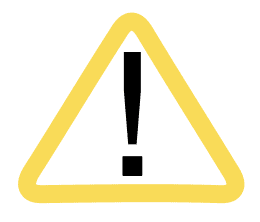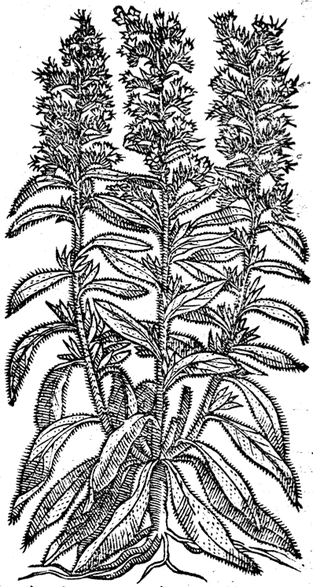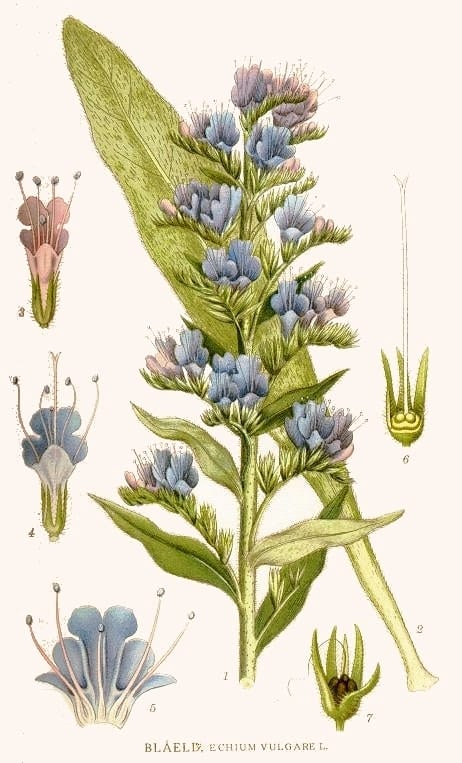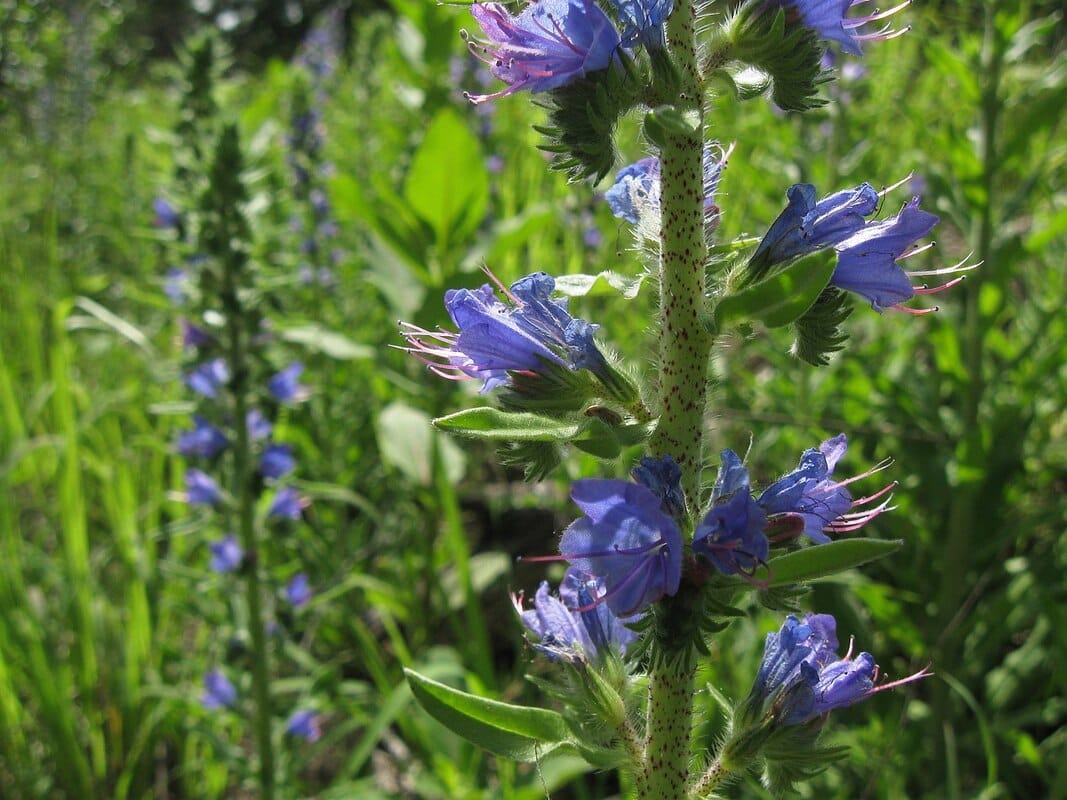Echium, BuglossVipers Bugloss, Bugloss |

|
 Dioscorides Materia Medica, Mathias, 1563
Dioscorides Materia Medica, Mathias, 1563 Echium vulgare
Echium vulgare(«Bilder ur Nordens Flora» Lindman, 1917) (Wikimedia)
 Echium vulgare
Echium vulgare(Photo by Cbaile19) (Wikimedia)
Botanical name:
Echium vulgare
Related species including Echium plantagineum (Purple Vipers Bugloss) are used similarly.
Parts used:
Root; Leaf; Flowers
Temperature & Taste:
Neutral, dry. Sweet
Clasifications:
3C. ALEXIPHARMICS
Uses:
1. Clears Heat, Resists Poison:
-Fevers, chronic Fever
-in Wine for Snake bites and the bites of all venomous Beasts
-defends the Heart from Poison
2. Cordial; clears Heat from the Heart:
-Melancholy, Pensiveness
-used for Heart Fire
3. Promotes Breast Milk
4. Externally:
-the root was chewed and applied to Sores
-the distilled water is used as a wash for Sore, Red and Inflamed Eyes.
-the ashes of the herb boiled in Honey water is used for Sores and Ulcers of the Mouth and Throat, used as a gargle.
Dose:
Should not be used internally for more than 2–3 weeks without a break.
Powder of the herb, root, or seed: 1–2 grams
Decoction: 2–5 grams
Substitute:
Used similarly to Borage and Bugloss.
Main Combinations:
1. Heat of the Blood, Viper’s Bugloss with Fumitory
2. To preserve from Contagion, Roots of Elecampane, Angelica, Cyperus, Zedoary, Avens, Contrayerva, Materwort, Valerian, Vipers Bugloss (½ oz. each), fresh Orange and Lemon peel, Clove, Cinnamon, Galangal, Juniper, Bay berry, Sage, Rosemary, Rue (2 drams each), Vinegar (7 lbs.). Macerate for a month in a warm place, express strongly, then add Theriac (7 oz.), Macerate for a month, and filter. Dose: a spoonful every morning. (Dispensatorium medico pharmaceuticum Palatinatus, 1764)
Cautions:
A relative of Comfrey and Borage, it contains similar alkaloids which can potentially be harmful. Avoid overdose and long-term use.
1. Should not be used internally for more than 2–3 weeks without a break.
2. Should not be used in those with Liver disease.
